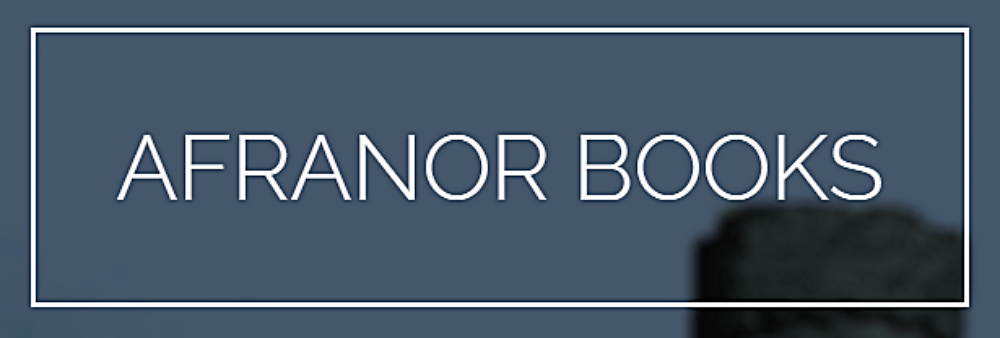
The image of the dipsomaniac writer is well ingrained in the popular view of authors. Ernest Hemingway, for example, was known to be a prodigious drinker, and it is difficult not to notice that novels like The Sun Also Rises seem to be chronicles of one drinking session after another. Indeed the number of celebrated writers who had reputations as serial imbibers, if not full-blown alcoholics, includes such renowned figures as F. Scott Fitzgerald, James Joyce, William Faulkner, Truman Capote, Edgar Allen Poe, Dorothy Parker, Dylan Thomas and Tennessee Williams. The list goes on and on, and never mind the ones truly legendary for their exploits in substance abuse like Charles Bukowski and Hunter S. Thompson.
There are so many great talents who apparently drank all the time that one wonders whether or not it is entirely coincidental. Is it possible that alcohol can actually unleash one’s creative potential? It is a thesis I have willing to test. Especially since my wife gave me the generous gift last Christmas of a very dear Irish whiskey called Writer’s Tears. Can there be a better name for a bottle of spirits? Unfortunately, it was pricey enough that I have been hesitant to drink very much of it. Perhaps at some moment when I am truly in need of inspiration?
It turns out that someone has actually conducted a study into this. Believe it or not, the Harvard Business Review recently published an article with the definitive headline “Drunk People Are Better at Creative Problem Solving.” There you are. Case closed.
The online version of the article by Alison Beard sums it up in the very first paragraph: “Professor Andrew Jarosz of Mississippi State University and colleagues served vodka-cranberry cocktails to 20 male subjects until their blood alcohol levels neared legal intoxication and then gave each a series of word association problems to solve. Not only did those who imbibed give more correct answers than a sober control group performing the same task, but they also arrived at solutions more quickly. The conclusion: drunk people are better at creative problem solving.”
This immediately raises two questions: 1) was this some sort of April Fool joke, and 2) where can you sign up to take part in a study like this? Professor Jarosz elaborates: “You often hear of great writers, artists, and composers who claim that alcohol enhanced their creativity, or people who say their ideas are better after a few drinks. We wanted to see if we could find evidence to back that up, and though this was a small experiment, we did.” Asked if this means all people in creative jobs should be drinking more, he replies, “Very few professions require you to be 100% thinking outside the box or 100% focused, so I think it’s going to depend on the task you’re doing. You know the old saying ‘Write drunk, edit sober’? Well, there’s a reason the ‘edit’ part is in there.”
There’s the rub. I do not doubt that a certain amount of inebriation can have a positive effect on the creative process for the same reason it can make people feel more relaxed and confident in a potentially stressful situation. Alcohol lowers inhibitions and that can be very liberating emotionally and mentally. I suppose it helps bring out thoughts and ideas that are partially suppressed. Experience, however, suggests that drinking is a disaster when it comes to doing anything that requires concentration, consistency or a quick reaction time. Things that sound brilliant when you are a bit tipsy can be excruciatingly embarrassing when replayed to a sober audience. If you think finding and correcting mistakes—let alone avoiding them in the first place—is difficult under normal circumstances, well, it becomes pretty much impossible if you have been partying in your office.
Professor Jarosz, who describes himself as a craft beer fan, also reports coming across research showing that, surprisingly, people who have been drinking speak with more fluency in a foreign language. I can personally vouch for that, although I have never been sure if a bit of pisco or tequila only makes me think I can speak Spanish better.
In the end, this study strikes me as so many academic reports I read about. After all the research and study, the conclusions always seem to me to have been obvious from the outset. Case in point: “One paper, ‘Lost in the Sauce,’ by Michael Sayette at the University of Pittsburgh and coauthors, reported that people under the influence are more susceptible to mind wandering, which could be helpful in some scenarios but harmful in others.”

